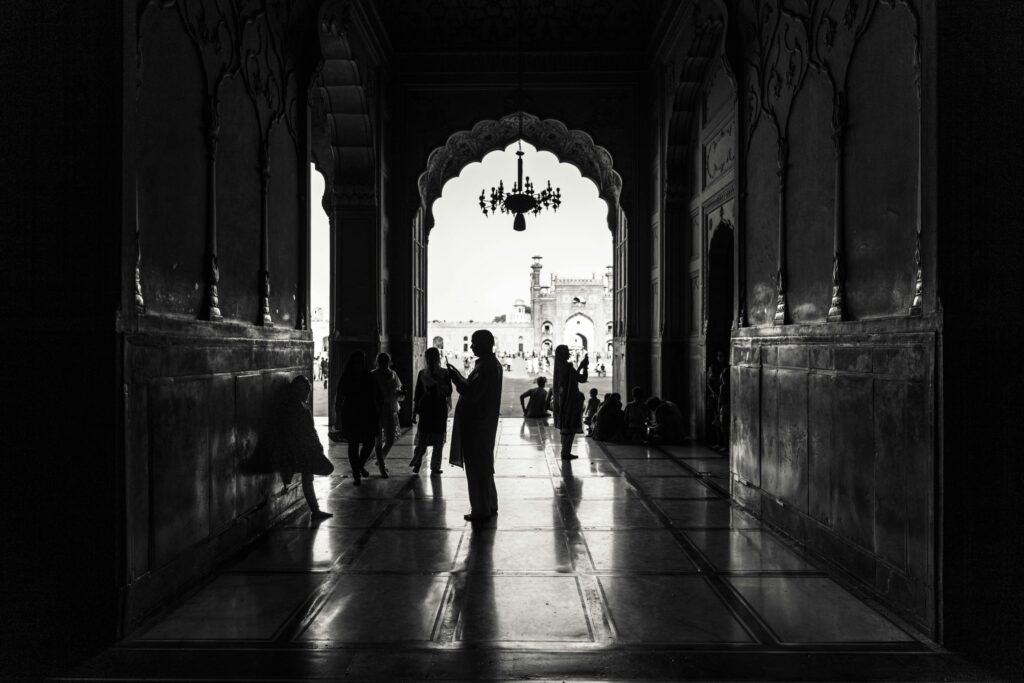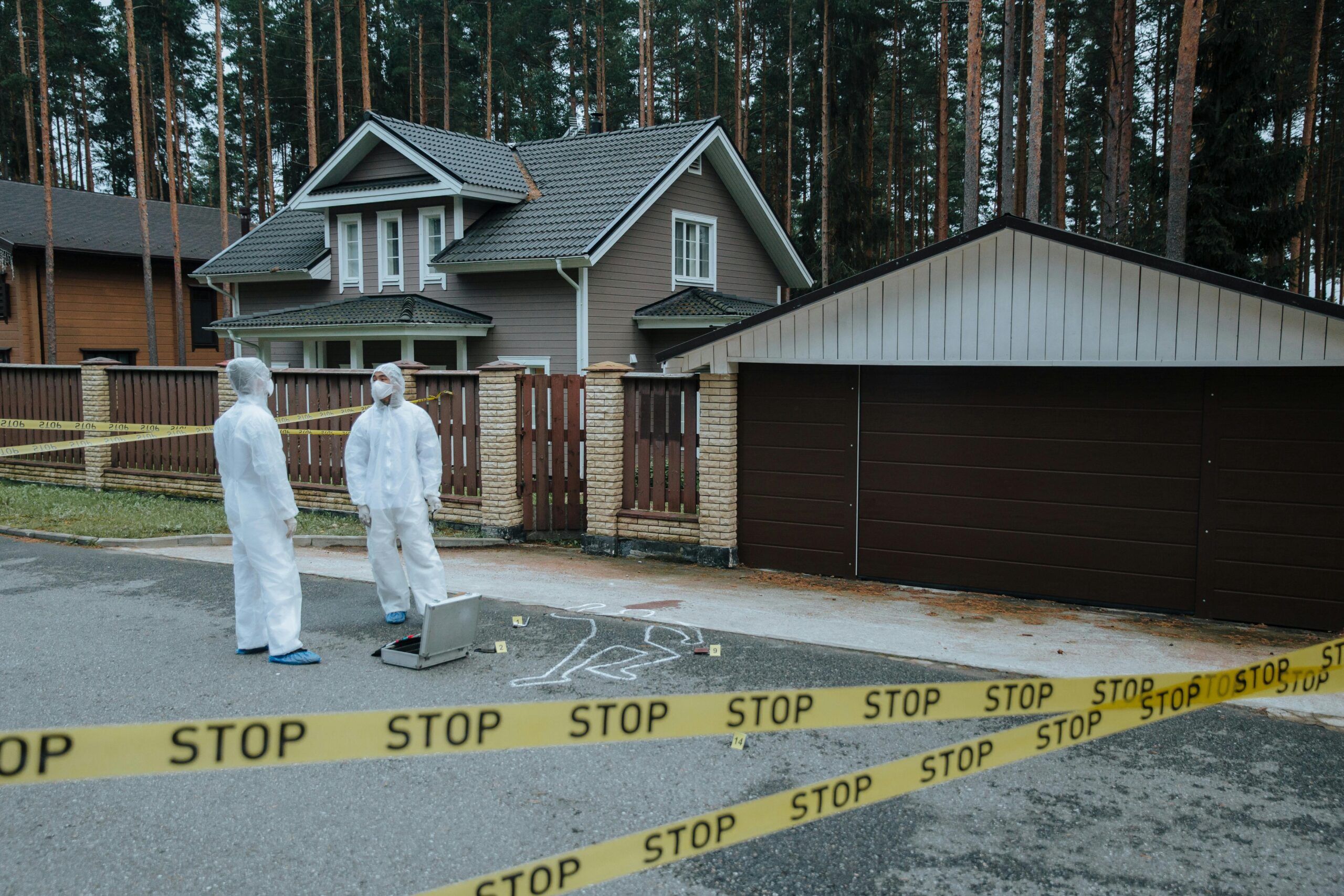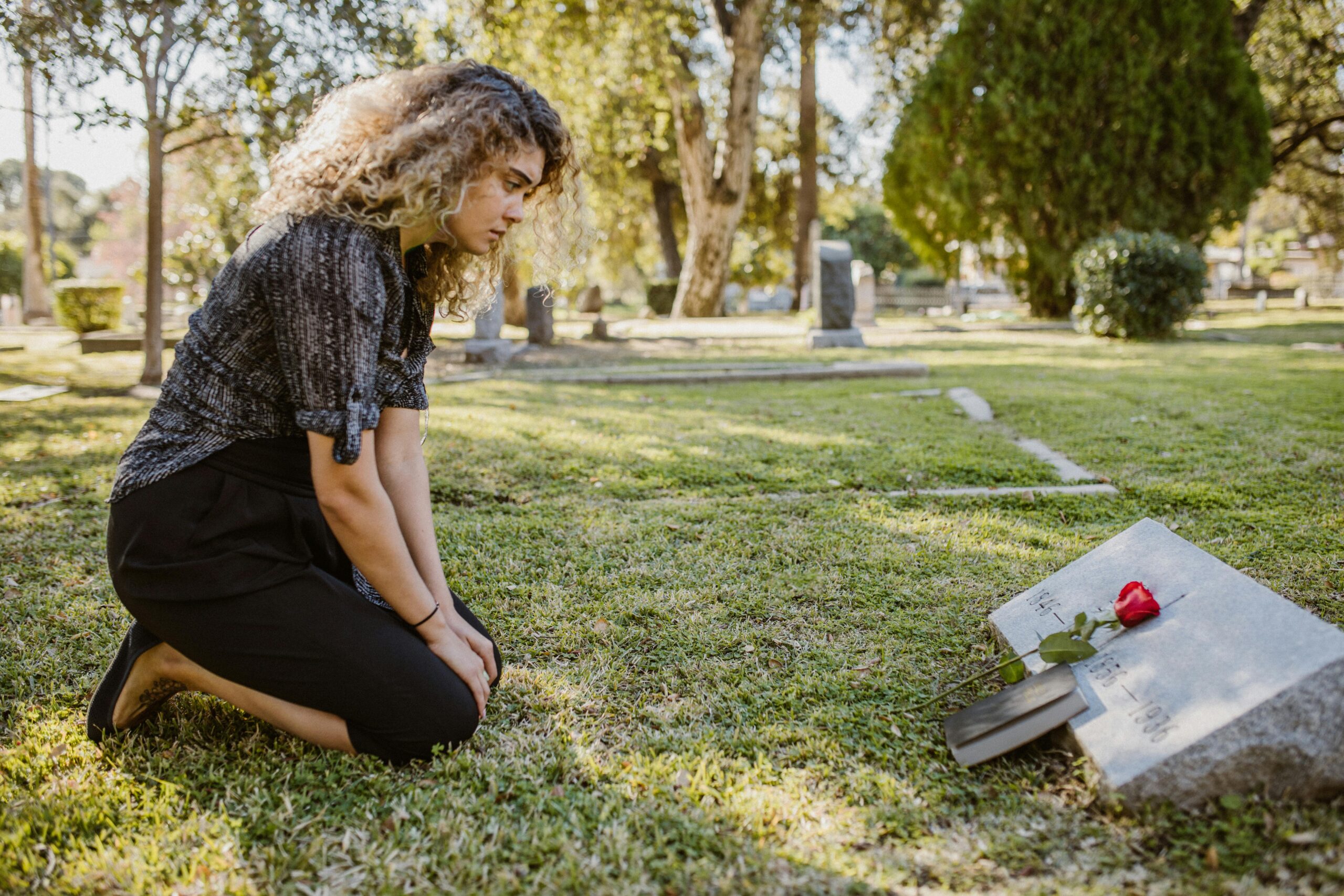In the rural and urban landscapes of Pakistan, a haunting and deeply disturbing practice continues to claim the lives of women: honor killings. Rooted in archaic traditions and patriarchal norms, these murders are justified under the guise of preserving family honor. Despite legal reforms and international condemnation, honor killings persist, casting a shadow over Pakistan’s human rights record.
The Concept of Honor
Honor killings stem from the notion that a family’s honor resides in the behavior and chastity of its female members. Any perceived transgression—real or rumored—can lead to severe repercussions. This could include actions such as choosing a spouse independently, seeking a divorce, or even being a victim of sexual assault. The punishment for such “offenses” is often death, carried out by male relatives.
A Grim Reality
The statistics are harrowing. According to the Human Rights Commission of Pakistan, hundreds of women are killed each year in the name of honor. These figures are likely underreported due to the cultural stigma and fear of retaliation that silences many families. The actual numbers could be much higher, reflecting a crisis that demands urgent attention.
Legal Landscape
In recent years, Pakistan has made legislative strides to combat honor killings. The Criminal Law (Amendment) (Offences in the Name or Pretext of Honour) Act, 2016, was a significant step forward. This law mandates life imprisonment for those convicted of honor killings and removes the option for family members to forgive the perpetrator, which had previously allowed many killers to escape punishment.
However, implementation remains a significant challenge. Deep-seated cultural norms and a lack of enforcement mechanisms mean that many cases are either not reported or not prosecuted effectively. Corruption, pressure from influential families, and societal acceptance of honor-based violence further complicate the situation.
Cultural and Societal Factors
Honor killings are entrenched in the patriarchal structures of Pakistani society, particularly in rural areas where tribal and feudal systems hold sway. Women’s lives and choices are strictly controlled by male family members, and deviations from expected behavior are met with harsh punishments. Education, economic empowerment, and exposure to different worldviews are limited for many women, perpetuating a cycle of oppression and violence.
Media portrayal and public discourse also play crucial roles. While there have been efforts to raise awareness and condemn honor killings, conservative viewpoints often dominate, framing the issue as a matter of private family honor rather than a gross violation of human rights.
The Role of NGOs and Activists
Non-governmental organizations (NGOs) and human rights activists are at the forefront of the battle against honor killings in Pakistan. They provide crucial support services, including legal aid, shelter, and counseling for survivors. Organizations like the Aurat Foundation and the Human Rights Commission of Pakistan work tirelessly to document cases, advocate for legal reforms, and challenge the societal norms that perpetuate honor-based violence.
Grassroots initiatives and educational programs aimed at changing mindsets are essential. By promoting gender equality, human rights, and the value of women’s autonomy, these efforts seek to dismantle the very foundations upon which honor killings stand.
A Path Forward
Ending honor killings in Pakistan requires a multifaceted approach. Legal reforms must be matched with robust enforcement and protection mechanisms for victims and witnesses. Public awareness campaigns and education are crucial in shifting cultural attitudes and breaking the silence surrounding this issue.
International pressure and collaboration can also play a role. By supporting local NGOs, providing funding for gender equality programs, and keeping human rights abuses in the global spotlight, the international community can help drive change.
Ultimately, the fight against honor killings in Pakistan is a fight for the fundamental human rights and dignity of women. It is a battle that requires unwavering commitment, both within Pakistan and from the global community, to ensure that no woman is ever killed in the name of honor again.







